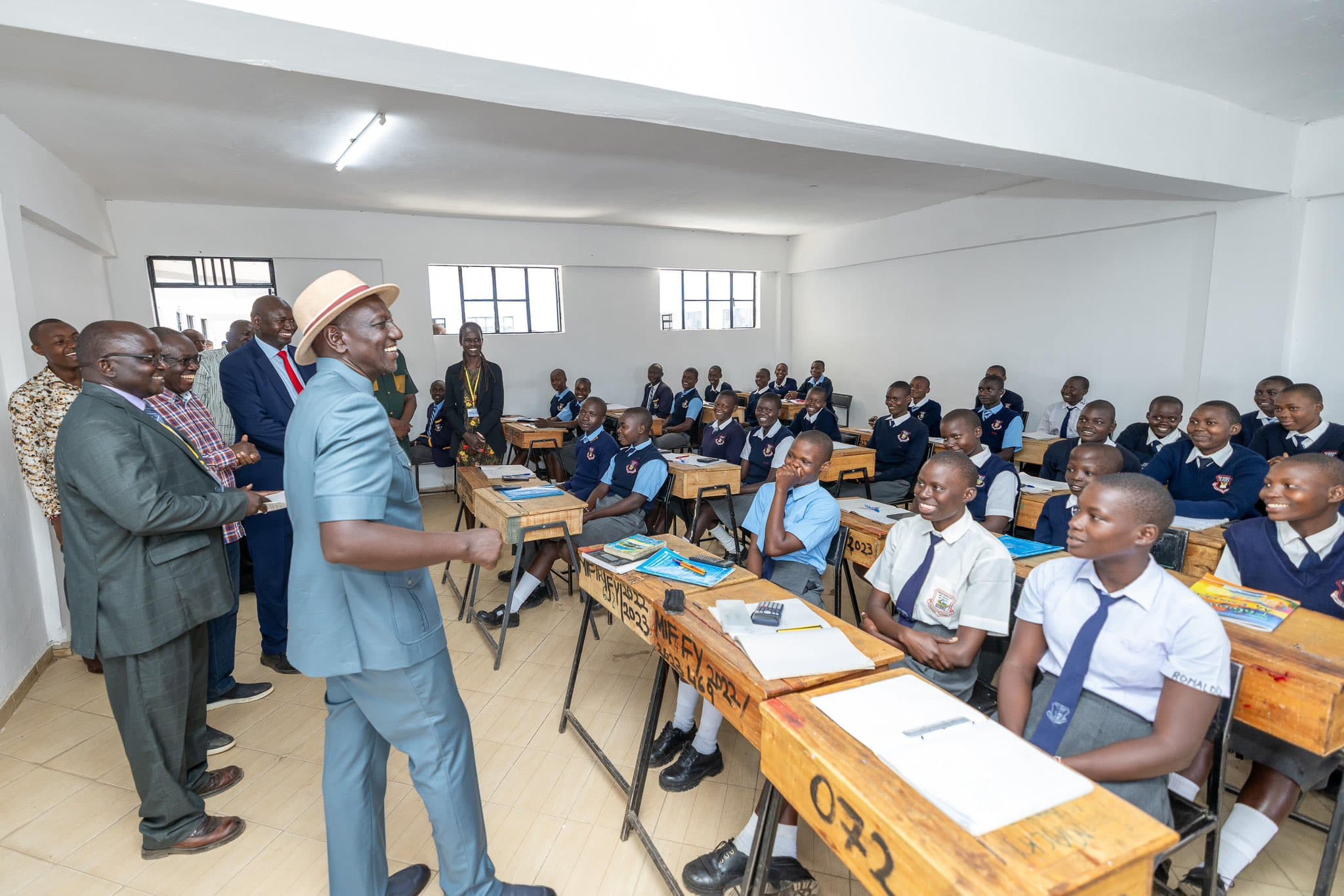We're loading the full news article for you. This includes the article content, images, author information, and related articles.
The Kenya Education Management Institute (KEMI) is playing a crucial role in the nationwide implementation of the Competency-Based Curriculum (CBC) by equipping educators and school administrators with essential skills and knowledge.

As Kenya continues its transition to the Competency-Based Curriculum (CBC), the Kenya Education Management Institute (KEMI) is actively engaged in extensive training programmes for teachers and school leaders across the country. These initiatives aim to address critical gaps in pedagogical approaches, assessment techniques, and overall school management necessary for the successful adoption of the new curriculum.
KEMI, a semi-autonomous government agency under the Ministry of Education, is mandated to provide management training, conduct research, and offer consultancy services within the education sector. Its efforts are particularly focused on empowering school leaders with instructional leadership skills to foster effective implementation of the CBC at the junior secondary level.
Kenya embarked on the implementation of the CBC in 2017, starting with Early Childhood Development (ECD) and primary education, marking a significant shift from the previous 8-4-4 system. The CBC aims to move away from rote memorisation to a learner-centred approach that emphasises skills acquisition, critical thinking, problem-solving, and lifelong learning.
However, the transition has not been without its challenges. Studies have highlighted inadequate teacher training opportunities, low funding, inconsistent pedagogical approaches, and a lack of resources as significant hurdles. The Teachers Service Commission (TSC) has also acknowledged that many teachers were not adequately prepared for the CBC rollout.
The implementation of the CBC is guided by the Kenya National Qualifications Framework (KNQF), established by the Kenya National Qualifications Authority (KNQA) in 2015. The KNQF aims to standardise and harmonise qualifications across all education and training sectors, promoting competence-based assessment practices and ensuring national recognition of acquired skills and knowledge.
KEMI's training programmes align with these national policies, focusing on equipping educators with the necessary skills to interpret and implement the CBC curriculum designs effectively. This includes training on the operationalisation of the Kenya Education Management Information System (KEMIS) for data-driven decision-making and improved education management practices.
KEMI has partnered with organisations like the Kenya Schools Heads Association (KESSHA) to build the capacity of Boards of Management (BOMs) in secondary schools, preparing them for the transition of pupils to junior secondary schools. Dr. Maurice Odundo, KEMI Director, has emphasised the importance of these trainings in ensuring a successful rollout of the CBC.
Teachers undergoing the Diploma in Primary Teacher Education (DPTE) programme, a critical component of CBC implementation, are trained to guide learners from Grade One to Grade Six. The curriculum for DPTE emphasises experiential learning and includes subjects such as Child Development and Psychology, ICT Integration in Education, and Educational Assessment.
Without adequate teacher preparedness and resource allocation, the full potential of the CBC to foster 21st-century skills among learners may not be realised. The success of the CBC hinges on continuous professional development for teachers, effective school leadership, and sufficient instructional materials.
While evidence from countries like the USA and South Korea suggests that CBC can improve problem-solving skills and self-efficacy in learners, there is limited evidence from Kenya on the direct effect of CBC models on learners' key competencies. Concerns also persist regarding the preparedness of teachers to integrate Information and Communication Technology (ICT) into teaching and learning under the CBC framework.
KEMI continues to roll out training programmes, including the ongoing KEMIS training for heads of primary and junior schools, which commenced on Monday, October 7, 2025. The Kenya Junior School Education Assessment (KJSEA) for Grade 9 learners is scheduled for late 2025.
The effectiveness of KEMI's training initiatives will be crucial in addressing the identified challenges of CBC implementation. Stakeholders will be closely watching the impact of these programmes on teacher competency, resource utilisation, and ultimately, learner outcomes as the CBC progresses through junior and senior secondary levels.
Keep the conversation in one place—threads here stay linked to the story and in the forums.
Sign in to start a discussion
Start a conversation about this story and keep it linked here.
Other hot threads
E-sports and Gaming Community in Kenya
Active 9 months ago
The Role of Technology in Modern Agriculture (AgriTech)
Active 9 months ago
Popular Recreational Activities Across Counties
Active 9 months ago
Investing in Youth Sports Development Programs
Active 9 months ago